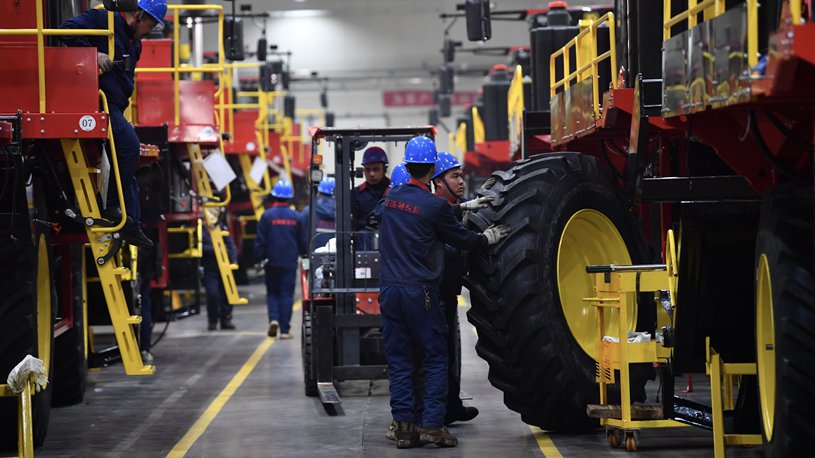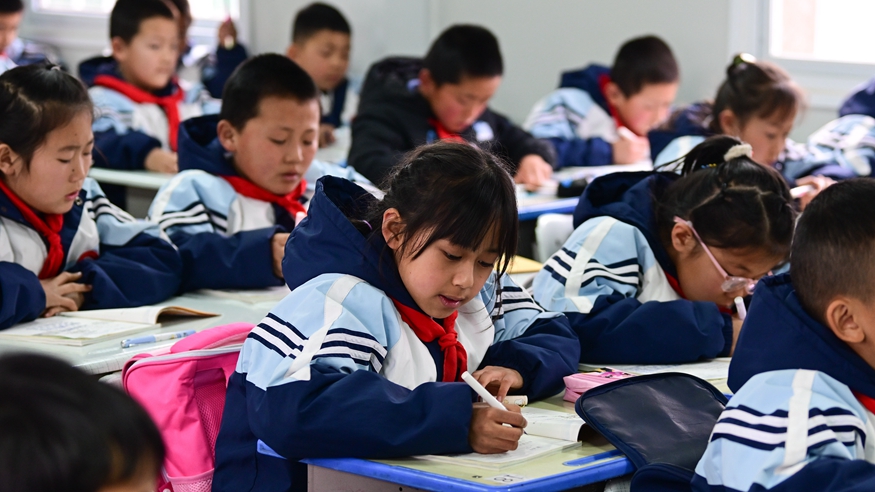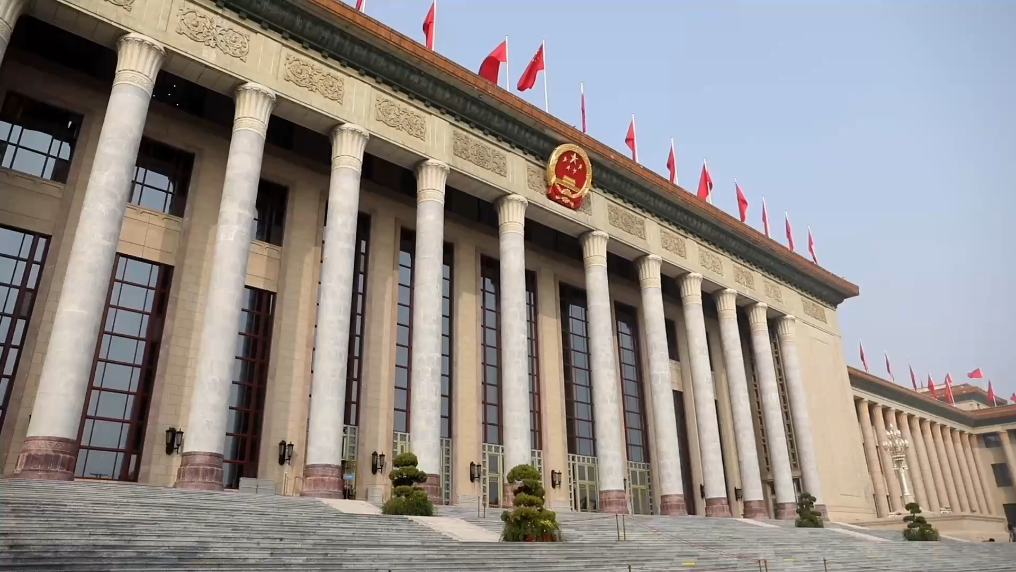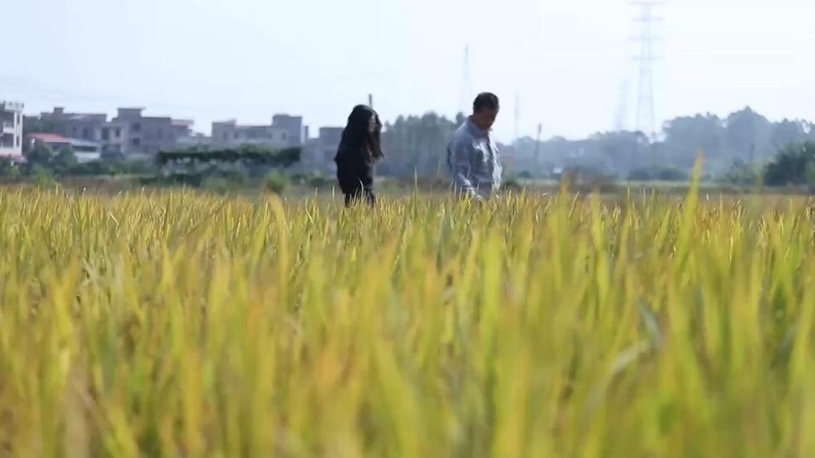
Roza Otunbayeva (Front), the UN secretary-general's special representative and head of the UN Assistance Mission in Afghanistan (UNAMA), speaks at a Security Council meeting at the UN headquarters in New York, on March 6, 2024. (Eskinder Debebe/UN Photo/Handout via Xinhua)
UNAMA will encourage donors to identify areas where they can provide longer-term sustainable assistance that directly benefits the Afghan people.
UNITED NATIONS, March 6 (Xinhua) -- The top UN envoy in Afghanistan on Wednesday stressed the need for engagement with the Taliban.
UN Security Council Resolution 2721, adopted at the end of last year, provides a clear goal for the international community's engagement with the de facto authorities. The end state is an Afghanistan at peace with itself and its neighbors, fully reintegrated into the international community and meeting its international obligations -- with the full participation of Afghan women, said Roza Otunbayeva, the UN secretary-general's special representative and head of the UN Assistance Mission in Afghanistan (UNAMA).
Not all of the de facto authorities are convinced about the need for the full reintegration of Afghanistan into the international system. Many, however, do understand that Afghanistan stands to benefit from this, she told the Security Council in a briefing.
The conditions for reintegration also reflect the expectations of Afghanistan's population, especially the full respect for the rights of women and girls, the rights of ethnic and religious communities, and the need for greater economic opportunity, she added.
The Taliban did not attend the second meeting of special envoys for Afghanistan in Doha, Qatar, convened by UN Secretary-General Antonio Guterres on Feb. 18-19. However, their absence was not because of the Taliban's lack of willingness to engage with the international community, said Otunbayeva.
"In my discussions with them after the Doha meeting, they explained that their decision to not attend was not a rejection of their stated desire to engage with the international community, but a reflection of their concern that they were not being treated as a full stakeholder in discussions about Afghanistan," she said. "We will make every effort to encourage their participation at the next meeting in this format."
The Taliban welcomed Guterres' statement at Doha on the need for deeper consultations. But they also stressed that consultations should be genuine and not merely a matter of the international community communicating its decisions to them, said Otunbayeva.
UNAMA will maintain its engagement with the de facto authorities on respect for human rights and ways to increase consultations with local populations, as well as their participation in political decision-making so that all of Afghanistan's available resources can be deployed for its own well-being, she said.
UNAMA will encourage donors to identify areas where they can provide longer-term sustainable assistance that directly benefits the Afghan people. These include measures to reduce the effects of climate change, to reduce the effects of the opium ban, and to support the ongoing demining in cooperation with the de facto authorities, she said.
UNAMA will advocate for support for more funding to be directed toward basic human needs to build more social and economic resilience. Assistance in basic services is a lifeline for the most vulnerable Afghans with the majority of the beneficiaries being women, she added.
The UN mission will promote measures to support economic stabilization as a foundation for poverty reduction, which will not be possible without the right enabling environment in the financial sector, she said.
"Our approach is one of patient expectation that ongoing consultations will eventually yield the results we are seeking," said Otunbayeva. ■












